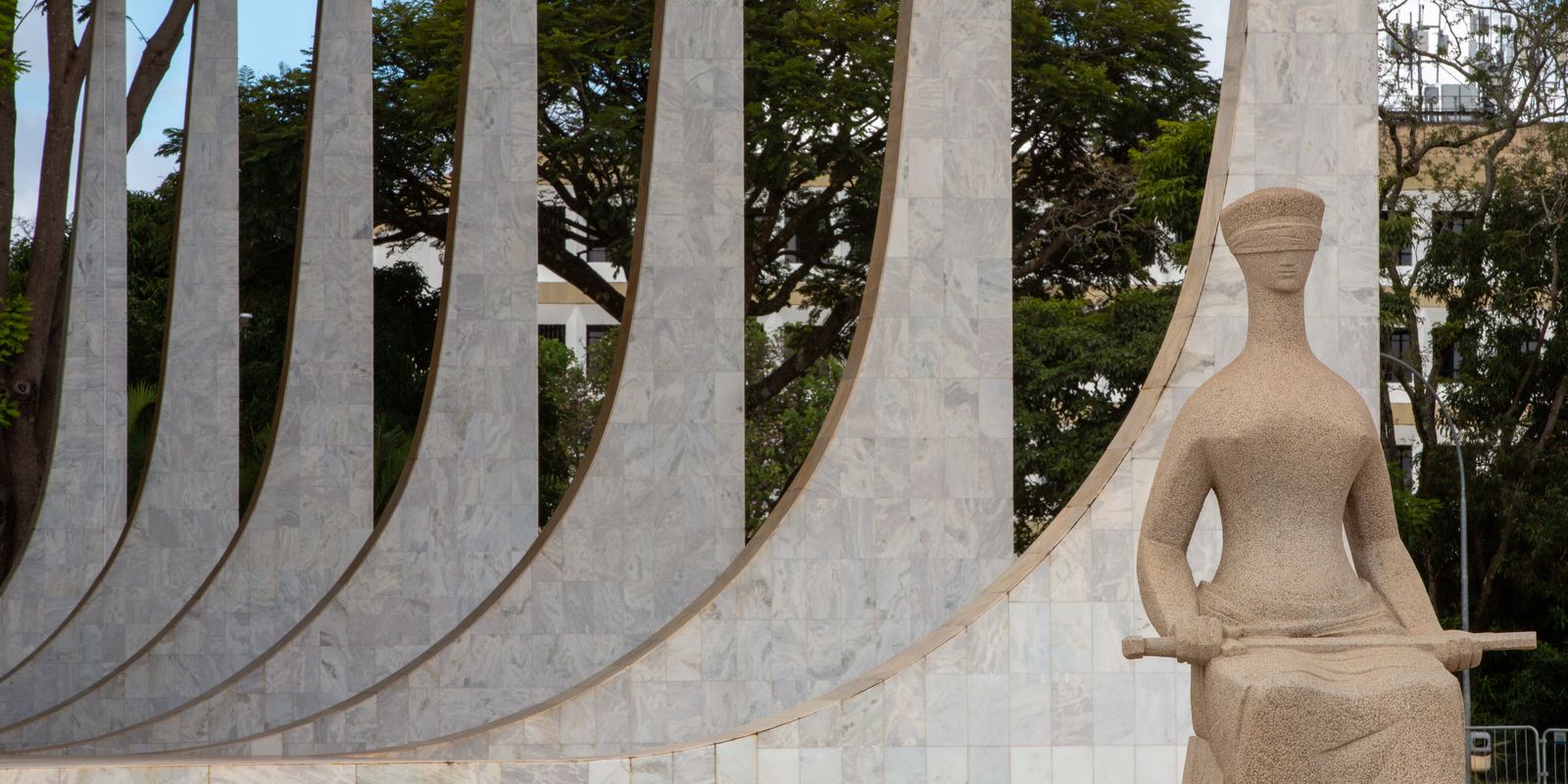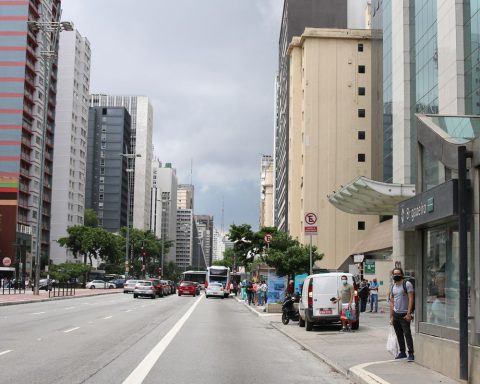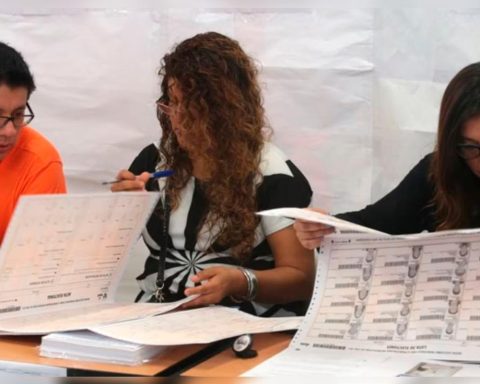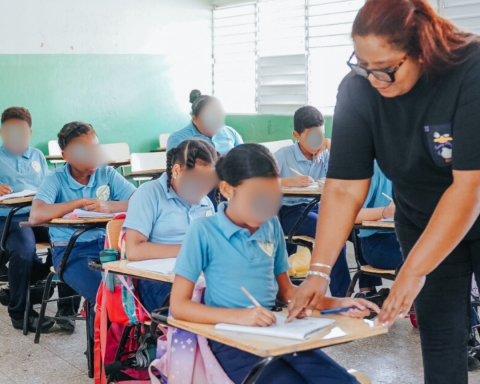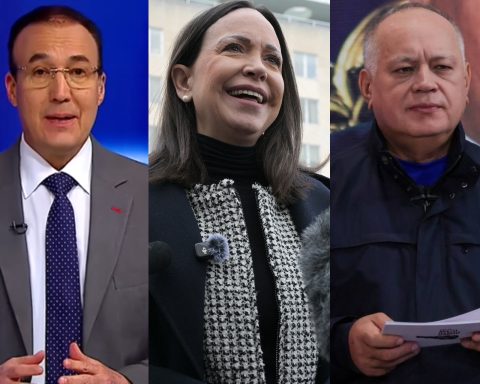Supreme Court Justice Flávio Dino extended by 72 hours the deadline for the Office of the Comptroller General (CGU) to present the results of a technical analysis of parliamentary amendments RP8 and RP9, which became known as the “secret budget”. The extension of the deadline was requested by the Executive Branch.
The CGU analyzes data on the ten municipalities that received the largest volume of parliamentary amendments per inhabitant between 2020 and 2023 and must answer the following questions: how were these amendments processed by the federal and municipal executives? What stage are the works or actions for which the funds from the amendments were allocated? And, finally, what procedures or rules for traceability, comparability and publicity were used in each of the benefited municipalities?
After the CGU delivers the report, the Chamber of Deputies, the Federal Senate and the PSOL, author of the action, will have a period of 10 days to respond.
On August 1, Dino determined that amendments must follow traceability criteria and ordered the CGU to audit the transfers made by members of parliament. The decision was made after the minister concluded that Congress was not complying with the Court’s decision that determined transparency in the release of these types of amendments.
On August 14, the magistrate suspended the implementation of mandatory amendments to the Budget. The minister understood that the execution of the amendments may continue in cases of ongoing works and public calamity. The release of funds is subject to compliance with transparency and traceability requirements.
